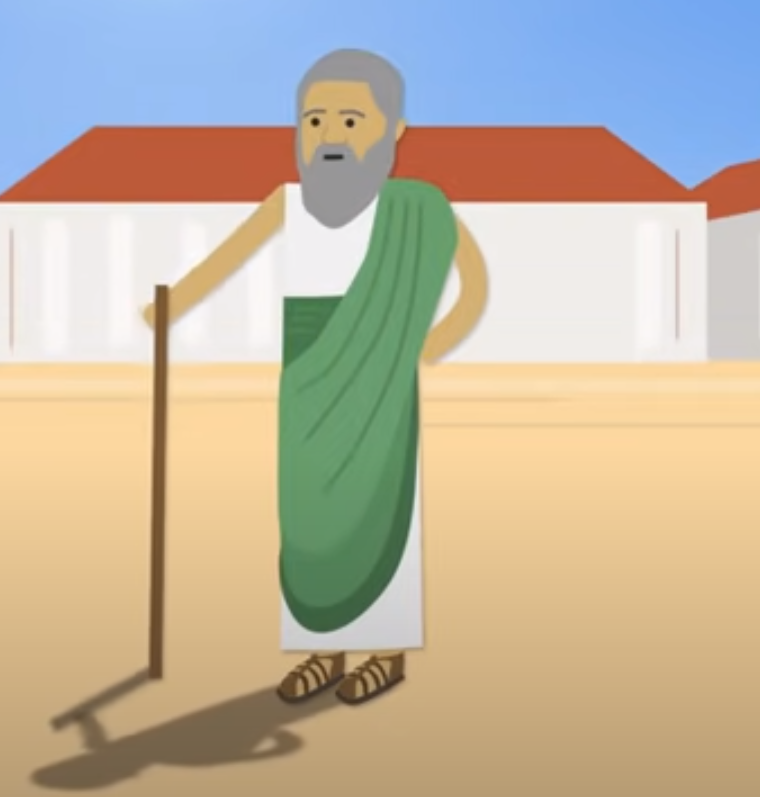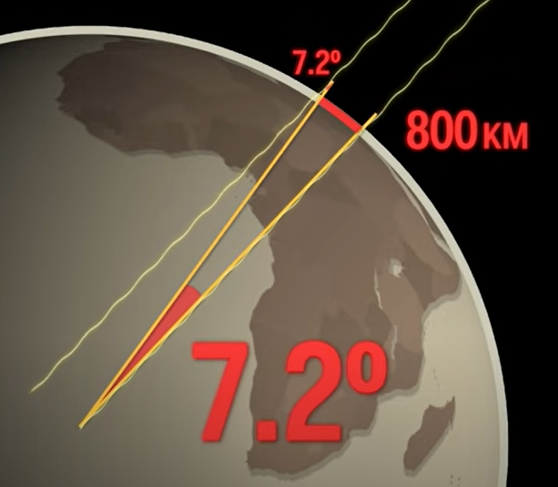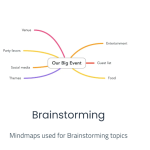Explore, Learn, Achieve: Your Physics Journey Starts Here
in a world where the mysteries of the cosmos continue to captivate us, the contributions of astronomers remain pivotal. Today, more than ever, the stories of these trailblazers – those who dedicated their lives to celestial exploration – are gaining recognition. This article delves into the lives of some remarkable astronomers who, from ancient times to the 19th century, laid the foundations for our current understanding of the universe.
- Eratosthenes: The Earth’s Geometric Genius Eratosthenes (276-194 BC) was more than an ancient librarian; he was a visionary in astronomy and mathematics. His astounding achievement in calculating the Earth’s circumference was not just a scientific breakthrough but also a testament to human curiosity and determination. This story of ingenuity continues to inspire modern science enthusiasts and professionals alike.
- Eratosthenes’s method of finding the Circumference of Earth using a Stick: measured the Earth’s circumference by noting the angle of a shadow in Alexandria when the sun was directly overhead in Syene, then used the distance between the cities (800 km) to calculate the planet’s full circle. He then used the calculation 7.2/360 = 800 km/circumference. Using this method, he calculated the circumference = 40,000 km (Correct value is 40,075 km)



3. Christopher Wren: Bridging Architecture and Astronomy Christopher Wren, renowned for architectural wonders like St. Paul’s Cathedral, was also a master of the stars (1632-1723). His diverse interests led him to discoveries in celestial mechanics and optics, proving that creativity knows no bounds. Wren’s legacy teaches us the value of interdisciplinary approaches in scientific exploration.
4. Maria Mitchell: Trailblazing the Sky Maria Mitchell’s (1818-1889) journey from comet discovery to becoming a celebrated academic figure underscores the critical role of women in astronomy. Her pioneering spirit challenged the norms of her time and paved the way for future generations of female scientists. Her story is a beacon of inspiration in today’s ongoing quest for gender equality in STEM fields.
5. Ulugh Beg: The Astronomical Sultan Mohammed Targai Ulugh Beg (1393-1449), a sultan with a passion for the stars, transformed his empire into a hub of scientific advancement. His contributions in creating a detailed stellar catalogue and advancements in mathematics illustrate the profound intersection of leadership and scholarship. Ulugh Beg’s legacy is a reminder of how science can flourish under enlightened patronage.
6. Aryabhata (476–550 CE): Aryabhata is one of the earliest Indian mathematicians and astronomers whose work is available to modern scholars. He is known for his work “Aryabhatiya,” which covers a wide range of topics such as mathematics and astronomy. Aryabhata made significant contributions, including an approximation of pi, insights into the cause of eclipses, and the understanding that the planets and Moon shine due to reflected sunlight. Remarkably, he also suggested that the stars’ apparent motion is due to the Earth’s rotation. Aryabhata’s works had a profound influence on the development of mathematical astronomy in the Islamic world.
7. Brahmagupta (598–c. 665 CE): Brahmagupta was an accomplished ancient Indian astronomer with a profound influence on Islamic and Byzantine astronomy. His major work, “Brahma-sphuta-siddhanta,” written in 628 CE, was a significant astronomical text that was later translated into Arabic and had a considerable impact on Islamic mathematics and astronomy. Brahmagupta also made notable contributions to mathematics within his astronomical texts.
Indian astronomy has a rich history dating back to the Indus Valley civilization and the Vedas. Astronomical concepts were closely tied with religious practices, and early texts like the “Vedanga Jyotisha” detailed astronomical calculations essential for timing social and religious events. The Surya Siddhanta and works of later astronomers such as Varāhamihira illustrate the advanced understanding of planetary motion, including elliptical orbits, in ancient Indian astronomy
The journey through the stars and beyond is not just about the celestial bodies we observe but also about the remarkable individuals who have dedicated their lives to this pursuit. From ancient Greece to the Renaissance and beyond, these unsung heroes of astronomy have laid the foundations upon which our current understanding of the universe is built. Their stories of discovery, perseverance, and passion are as inspiring as the stars themselves, reminding us that the quest for knowledge is a timeless endeavor that transcends cultures and centuries.








